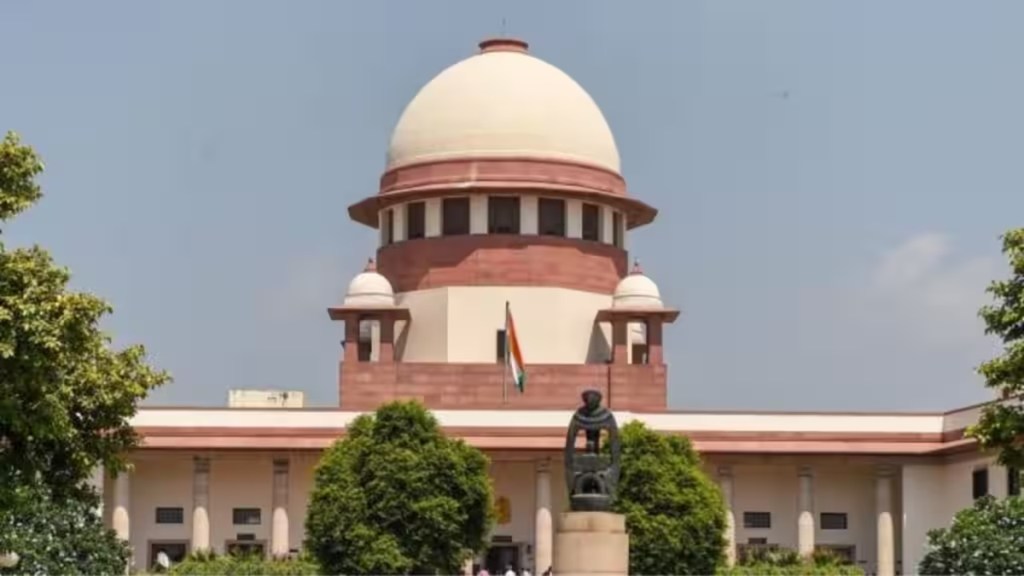Attorney General R Venkataramani, in a statement filed before the Supreme Court ahead of the hearing of petitions challenging the electoral bonds scheme scheduled on October 31, stated that citizens do not have the right to information under Article 19(1)(a) of the Constitution regarding political party funding.
A five-judge Supreme Court Constitution Bench, led by Chief Justice of India D Y Chandrachud and including Justices Sanjeev Khanna, BR Gavai, JB Pardiwala, and Manoj Misra, will deliberate on the petitions challenging the 2018 electoral bonds scheme.
Also Read:Delhi liquor scam: Manish Sisodia’s bail pleas dismissed by Supreme Court | The case so far
Four petitions, filed by the NGO Association for Democratic Reforms, CPI(M), Congress leader Jaya Thakur, and a PIL by Spandan Biswal, are under the court’s consideration.
The Attorney General rejected the petitioners’ argument that citizens have the right to know the source of political party funding, saying “Firstly, there can be no general right to know anything and everything without being subjected to reasonable restrictions. Secondly, the right to know as necessary for expression can be for specific ends or purposes and not otherwise.”
He also clarified that judgments about citizens’ right to know candidates’ criminal antecedents for informed voting choices do not imply a right to information about political party funding under Article 19(1)(a), Live Law reported.
The top law officer of the Union said that those judgments were centered around enabling informed choices about electoral candidates and understanding their backgrounds. He underscored that information limited to this purpose aims to facilitate citizens’ decisions in selecting candidates free from any blemishes.
Also Read:Supreme Court rejects Manish Sisodia’s bail plea in Delhi excise policy case
“Right to know for specific rightful expression was thus conceived. From that it cannot be said that the right to know for general or broad ends necessarily follows,” he added.
Therefore, these judgments cannot be read as to suggest that a citizen has a right to information under Article 19(1)(a) regarding funding of political parties. If there is no right under Article 19(1)(a), the further question of locating reasonable restriction under Article 19(2) does not arise, the Attorney General noted.
The batch of petitions challenges amendments introduced by the Finance Act, 2017, which established the anonymous electoral bonds scheme. The Attorney General stated that the scheme does not violate existing rights and cannot be deemed repugnant to any rights under the Constitution’s Part III. He highlighted that in the absence of such repugnance, the scheme should not be considered illegal.
“A law that is not so repugnant cannot be voided for any other reason. Judicial review is not about scanning state policies for purposes of suggesting better or different prescriptions,” the Attorney General told the apex court.
What is the electoral bond scheme?
The 2017 Finance Act brought significant changes to various laws, including the Reserve Bank of India Act, Companies Act, Income Tax Act, Representation of Peoples Act, and Foreign Contributions Regulations Act, to introduce electoral bonds.
Donors could obtain these bonds through designated banks after fulfilling KYC requirements, and notably, political parties were not mandated to disclose the bond sources to the Election Commission of India. These bonds came in multiple denominations, and the donor’s identity remained confidential.
The face value of the bonds was regarded as income from voluntary contributions, granting eligible political parties an exemption from income tax under Section 13A of the Income Tax Act, 1961.
Challenges to this electoral bond scheme arose with petitions filed by the Communist Party of India (Marxist), alongside NGOs Common Cause and Association for Democratic Reforms (ADR). These petitions criticized the electoral bond system, describing it as “opaque funding that lacked oversight.”
The petitioners raised concerns that amendments to the Companies Act of 2013 might prioritize private corporate interests over the needs and rights of the state’s people in policy considerations.
In March 2019, the Election Commission of India expressed reservations about the anonymous electoral bond scheme, deeming it a “regressive step” that compromised transparency in political funding. Despite these challenges, the Supreme Court, in 2021, refused to halt the issuance of electoral bonds ahead of specific state assembly elections.


